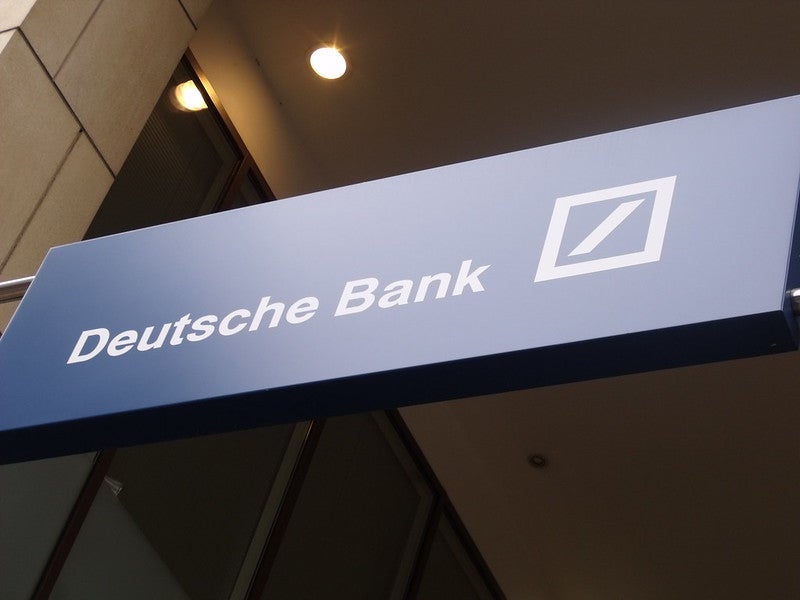
A surge of the price of Bitcoin saw the cryptocurrency surge to a four-month high, touching $5,000 on Monday.
In a prolonged bear market, Bitcoin has lost 80% of its value compared to its late-2017 peak of just shy of $20,000.
This has been showing signs of thawing in 2019, the cryptocurrency scoring three consecutive months of gain and finally leaving the $4,000 barrier for dead on Monday.
What caused the Bitcoin price surge?
Cryptocurrency is thinly-traded, which goes some way to explaining its notorious volatility.
One trigger of such a price rise as this is the sighting of a Bitcoin whale – a big money player buying a large number of coins and causing waves in the market.
“The recent surge in Bitcoin has been sparked by a large buy order – rumoured to be around $100 million – that sent BTC straight through technical resistance ($4,235) that had been in place since the start of December 2018,” says Nicholas Cawley, analyst at DailyFX.
How well do you really know your competitors?
Access the most comprehensive Company Profiles on the market, powered by GlobalData. Save hours of research. Gain competitive edge.

Thank you!
Your download email will arrive shortly
Not ready to buy yet? Download a free sample
We are confident about the unique quality of our Company Profiles. However, we want you to make the most beneficial decision for your business, so we offer a free sample that you can download by submitting the below form
By GlobalData“The lack of volatility in Bitcoin over the last few weeks has kept prices in-check and low volume markets are always more susceptible to sharp moves than more liquid markets, for example the FX space.”
Simon Peters, analyst at eToro, meanwhile offers: “It’s difficult to determine exactly what caused the jump, but it’s most likely caused by short sellers covering their positions, adding to the upward pressure on the price.”
Is wider economic uncertainty the cause of the Bitcoin price surge?
Cryptocurrency has often been seen as a hedge against broader economic uncertainty, caused by such factors as Brexit and slowdown in the world’s biggest markets.
Bitcoin is frequently compared to gold, a commodity that attracts a lot of interest in uncertain times, for example.
Nicholas Cawley, though, does not see this as a factor in the Bitcoin price surge.
“Economic uncertainties like slowing global growth, trade wars, and Brexit have been around for many months, and in Brexit’s case, years now.”
Former BlackRock investment strategist, Adam Grimsley, now head of investment solutions at Prime Factor Capital. echoes this, saying: “Investors understand that they need to look for additional sources of diversification that aren’t driven by dovish central banks or tax cuts.
“Crypto assets are driven by different factors so are largely decoupled from traditional fundamental drivers.”
Can the Bitcoin price surge continue?
Despite the sudden rise, views that a fully-fledged bull run could be on the way should be held in check, according to crypto commentators.
“In addition to the clean break of resistance, the move also broke through the 200-day moving average around $4,650 with ease, enabling the rally to continue,” Nicholas Cawley says.
“This area should now act as initial support, although one technical indicator, the Commodity Channel Index, is showing the market as extremely overbought and a sell-off cannot be discounted.”
One factor counting against an ongoing price surge for Bitcoin is its trading volume, which remains low, leaving it prone to further volatility.
“Volumes are far from what they were at their peak,” says crypto investor and founder of Crypto Curry Club, Erica Stanford.
“More institutions are looking at cryptocurrency, but they’re not necessarily looking at buying Bitcoin – it’s still too risky and volatile.”







